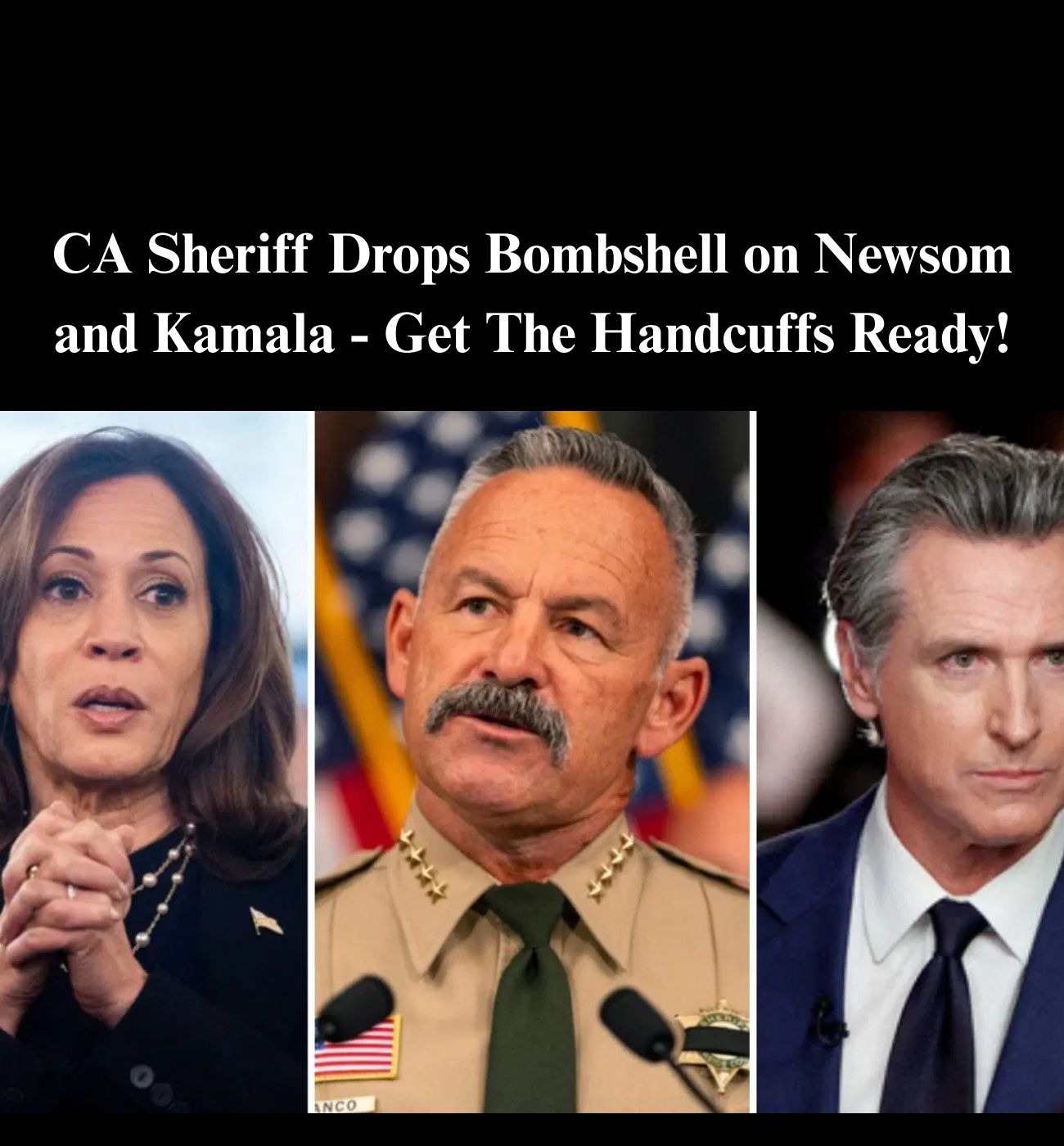The Department of Homeland Security is releasing information about more than a dozen illegal immigrants suspected of crimes in the United States who were apprehended in Los Angeles.
DHS released the suspect information after violence broke out in Downtown LA in response to the ICE raids that resulted in “hundreds of illegal aliens [being] arrested by ICE officers and agents,” including “many with a criminal history and criminal convictions.”
“America’s brave ICE officers are removing the worst of the worst from LA’s streets, while LA’s leaders are working tirelessly against them,” DHS said in a statement as riots continued through the weekend.
Sheriff Chad Bianco of Riverside County said agitators “are not protesting” and criticized California Democratic Gov. Gavin Newsom for not taking appropriate action.
“They are trying to violently influence something by political action. That is what this is. That is everything that the Constitution stands against,” said Bianco, a Republican who is running for governor.
“That is what law enforcement stands against, and that is what will facilitate the downfall of our civilized society. A civilized society has an adherence to the rule of law, and there is a consequence for breaking that social compact. And when politicians encourage this behavior,” Bianco declared.
“Governor Newsom needs to put his phone down, go sit in his house behind the comfort of his TV screen and a couch, and be quiet because he is doing nothing but fueling this process. He needs to stay out of the way of law enforcement. He knows nothing about this. He knows absolutely nothing about the enforcement of law. He despises the enforcement of law, and he has encouraged this,” the sheriff added.
WATCH:
This comes as a federal appeals court on Thursday temporarily lifted restrictions placed on President Trump’s deployment of National Guard troops in Los Angeles, pausing a lower court ruling that said the operation violated federal law.
In a short order less than 100 words long, the 9th U.S. Circuit Court of Appeals granted the administration’s request for an “administrative stay” of U.S. District Judge Charles Breyer’s Sept. 2 decision.
Breyer, based in San Francisco, had found the Guard’s involvement in certain law enforcement activities ran afoul of the Posse Comitatus Act, an 1878 statute that bars federal troops from engaging in domestic policing.
The appeals court emphasized its ruling was procedural, not substantive.
Breyer’s earlier order had allowed troops to remain in the city to guard federal facilities but prohibited them from making arrests, conducting crowd control, or otherwise engaging directly in policing. He delayed enforcement of that order until Sept. 12 to give the government time to appeal.
The administration argued that Breyer’s restrictions jeopardized public safety and interfered with presidential authority over the military.
Trump initially deployed thousands of Guard members and Marines to Los Angeles in June, after immigration-related protests escalated into riots in parts of the city. Most of the forces have since returned home, but about 300 remain in the area.
California leaders, including Gov. Gavin Newsom (D) and Attorney General Rob Bonta (D), have challenged the deployment as unlawful. They argue the president did not follow proper procedures to federalize the Guard and that command should have remained with the state.
Earlier in the case, Breyer agreed with that position and ordered control returned to Newsom, but the 9th Circuit swiftly intervened to halt his order.
Thursday’s ruling marks the second time the appeals court has stepped in to delay Breyer’s restrictions while it considers the administration’s arguments more fully.
The legal dispute highlights the ongoing clash between the administration and Democratic state officials over Trump’s use of the military in domestic law enforcement. While the Posse Comitatus Act generally prohibits such involvement, the president can invoke exceptions by federalizing the National Guard.
Breyer concluded Trump had overstepped, while the Justice Department contends his actions fall within his constitutional authority as commander in chief.
The court case highlights the ongoing dispute between the Trump administration and Democratic governors and mayors around the nation regarding immigration enforcement and anti-crime initiatives.
The Trump administration insists that violent crime in numerous major cities is out of control and would benefit from federal law enforcement “surges,” while Democratic governors and mayors insist the problem is under control.
